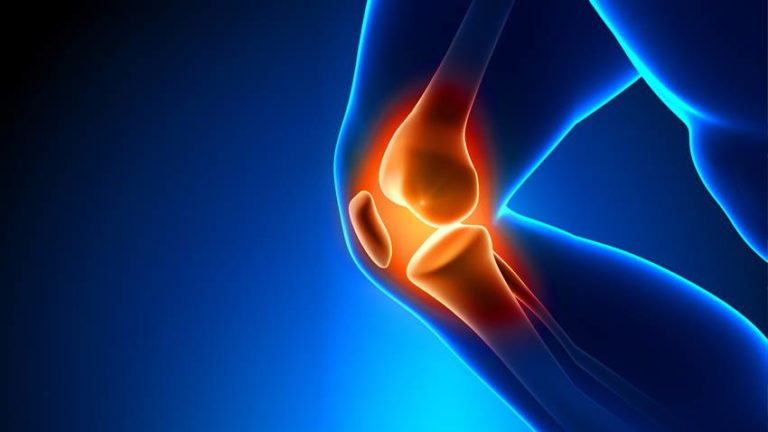Life is hell when you can’t walk, sit and sleep comfortably. Pain and stiffness in joints can worsen your day-to-day activities. Doctors and other practitioners might have advised you on multiple treatments and remedies. But when nothing works out, surgery is the only option that remains in the end.
You start expecting some relief from joint replacement surgery. But sometimes, the relief comes with a hot and cold burst of emotions. The mind begins to worry about life after surgery.
And if that’s something that also obstructs you from moving ahead, and obstructs you from consulting the best joint replacement surgeon in Mumbai, then this article is for you.
Here we have tried to erase all those misassumptions and myths about Joint Replacement surgery. So take a look –
Before we start, let’s understand what Joint Replacement Surgery is?
Joint replacement surgery or Orthopedic Surgery is a surgical procedure performed for patients suffering from an advanced end-stage joint disease. To simply put, people who experience a functional decline of their joints and are dealing with persistent pain in joints are recommended for this surgery.
If less invasive or non-surgical therapies are no longer effective, the surgery will remove the damaged bone and cartilage from the joint. Thereby, joints are replaced with metal, ceramic or plastic components to bring back the smooth joint functioning.
What Can You Expect After Joint Replacement Surgery?
If we had to answer in one word, it would be ”Relief.” You can expect a permanent rid of your joint problem right after the successful completion of the surgery. But it sometimes depends on the best joint replacement surgeon in Mumbai. If you are receiving treatment from the best Orthopedist, you can expect better results. Let’s see how it works.
1. Before the procedure
As usual, the operation starts with anesthesia given to patients. The process makes a patient unconscious. Similarly, the patient then feels no pain, allowing doctors to conduct the treatment. Post-surgical infection is sometimes a matter of concern; that’s why doctors may even give you antibiotics during the procedures.
2. During the procedure
The surgery begins once the joints go numb with antibiotics and injections. Doctors then make an incision of about 6 to 10 inches long. Similarly, the damaged joint surfaces are removed. The process takes time as the entire procedure must be performed with utmost care. After successfully preparing the surface, surgeons then attach artificial joins. In due course, joints’ functioning is then tested by rotating the knee to ensure they are working as expected. Simultaneously the incision is then closed.
3. After the Procedure
Let’s unwrap the post-operation activities. You will be sent to the recovery room, where the patient’s medical position after surgery is tested. Many people recover soon and go home the same day, but in other cases, medication and supervision are prescribed by the doctor if the patient is in severe pain. Once everything goes well, you are ready to go home.
Precautions and When To Contact Doctors?
After the operation, doctors encourage patients to keep exercising, moving their legs and angles gradually. Exercising improves blood flow and prevents swelling or inflammation that is more likely to occur after the operation. Some doctors may even advise blood thinners to ensure blood circulation is maintained in your body and no other problems are to arrive.
Exercising, stretching, and a balanced diet must be adopted as soon as the patient is discharged from the hospital. The body may still take time to recover fully, so make sure you leave no stone unturned in becoming fit and fine like ever before.
Contact doctors in case you aren’t feeling good or pain is persistent in your joints.
What to Expect When You are Fully Recovered?
- Stiffness in joints must be way away
- There must be no pain at all; in other cases, you may see a considerable decrease in pain.
- Your dependence on others ends because you will be doing activities on your own.
- Forget about the doctor’s monthly bills because one-time surgeries provide you lifelong relief.
When is Joint Replacement recommended?
Doctors may recommend joint replacement surgery only when the pain is persistent, intolerable, or non-surgical treatments are showing no results. In other scenarios, patients with Osteoarthritis, Rheumatoid arthritis, and Osteonecrosis are recommended surgery.
Conclusion
More than the surgery itself, doctors and their teams play a critical role in joint replacement surgeries. Their supervision and expertise as Orthopedic surgeons must be top-notch. Only then they will be categorized as the best joint replacement surgeon in Mumbai. So make sure for the joint replacement you aren’t visiting a random person but seek help from experts. Orthopedic surgeries are witnessing the highest success rate ever. You can go home the same day, right after the surgery is successfully done. So delay no more! Have permanent relief from your joint issues.










No Comments